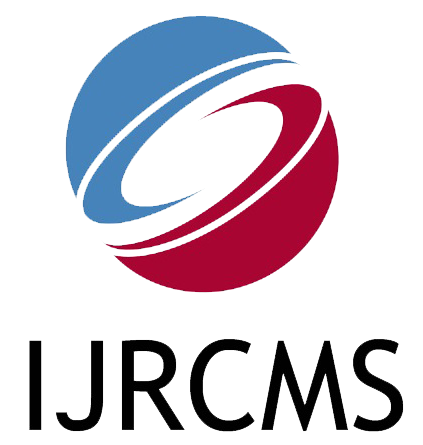| Title: NATIONAL EDUCATION POLICY (2020) AND ITS OVERALL IMPACT ON COMMERCE EDUCATION AS A DISCIPLINE |
| Author: Anupriya Bose |
| Abstract: National Education Policy (2020) will act as one of the driving forces of its economy, by creating a specialized workforce built on knowledge maximization. The Policy highlighted the many flaws in the educational system and aims to improve this scenario. Certain provisions include: (a) Enabling a student to study one or more specialized areas of interest, across a range of disciplines including professional, technical, and vocational subjects, (b) An Academic Bank of Credit (ABC) will be established to digitally record the academic credits earned from various recognized Higher Educational Institutions so that the degrees can be awarded considering all credits earned in the case of multidisciplinary candidates. It acknowledged the dropout rate in the country and the social stigma against Vocational education and aims to provide a solution, creating a well-rounded workforce for the country’s future. It also highlights the requirement for financial support and curriculum flexibility for students at every level. |
| Keywords: Academic Bank of Credits, Integrated Vocational courses, holistic education. |
| DOI: https://doi.org/10.38193/IJRCMS.2023.5406 |
| PDF Download |
| References: 1. Ministry of Human Resource Development, Government of India (2020). National Education Policy 2020. 2. L. Devi and Cheluvaraju (2020). A Study on Awareness about the Impact of National Education Policy-2020 Among the Stakeholder of Commerce and Management Disciplinary. EJBMR, European Journal of Business and Management Research 3. P. S. Aithal & Shubhrajyotsna Aithal (2020). Analysis of the Indian National Education Policy 2020 towards Achieving its Objectives published in the International Journal of Management, Technology, and Social Sciences (IJMTS), 5(2), 19-41. 4. S.C. Das (2016). Financial Literacy among Indian Millennial Financial Literacy among Indian Millennial Generation and their Reflections on Financial Generation and their Reflections on Financial Behaviour and Attitude: An Explanatory Research. The Indian Journal of Commerce Vol.69, No. 4, October-December 2016. 5. Madhvi Gupta and Pushkar (2016). More Indian Students Will Go to College, But Few Will Demand a Better Education. The Wire Magazine. 1st June, 2016. 6. Dr. Sandeep Shenoy (2020). NEP 2020: What are the career growth opportunities in Commerce stream by introduction of new curriculum? India Today. 13th October, 2020. 7. Matt S. Giani, Jason L. Taylor, Sheena Kauppila (2021). Examining the Educational and Employment Outcomes of Reverse Credit Transfer. AERA Open January-December 2021, Vol. 7, No. 1, pp. 1–15. |
International Journal of Research in Commerce and Management Studies (IJRCMS)
ISSN 2582-2292, An open access bi-monthly e-journal
